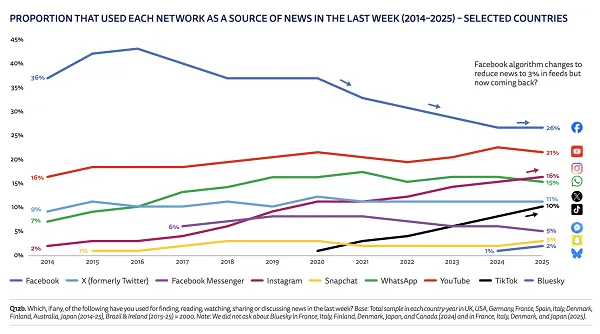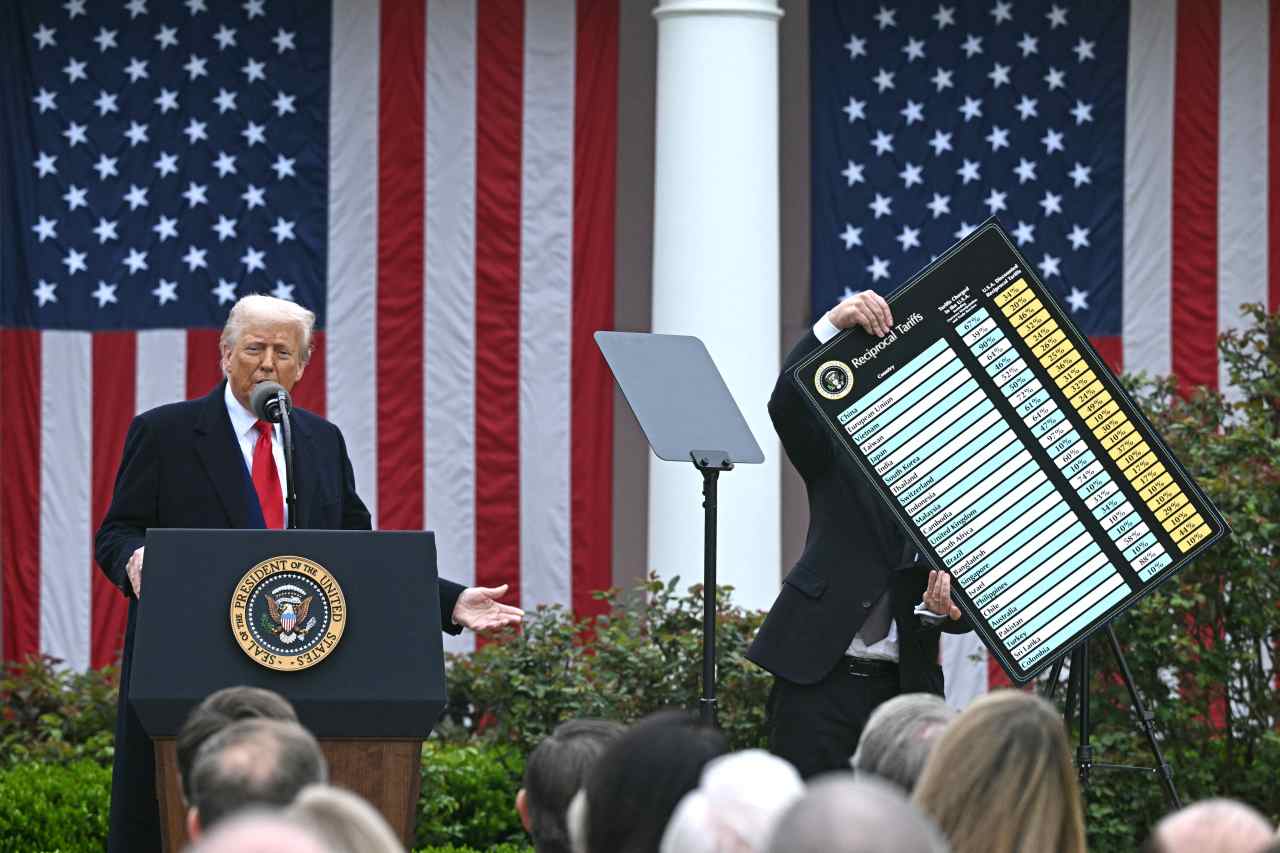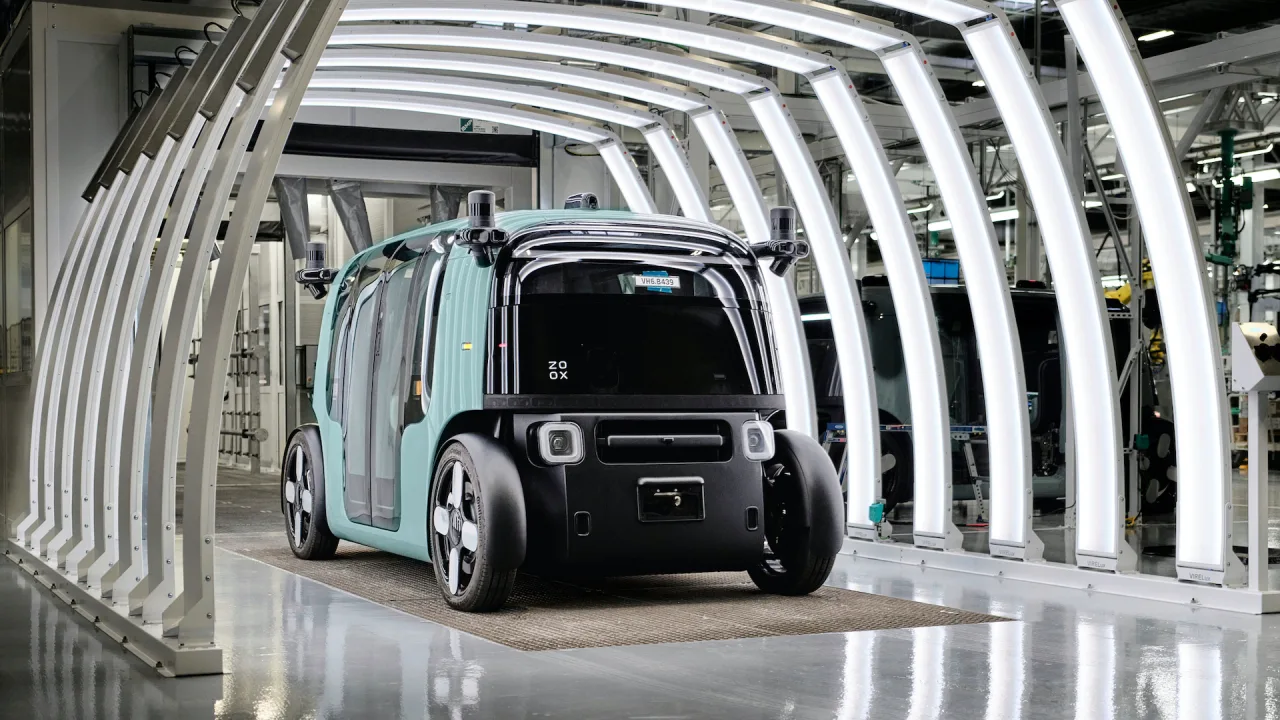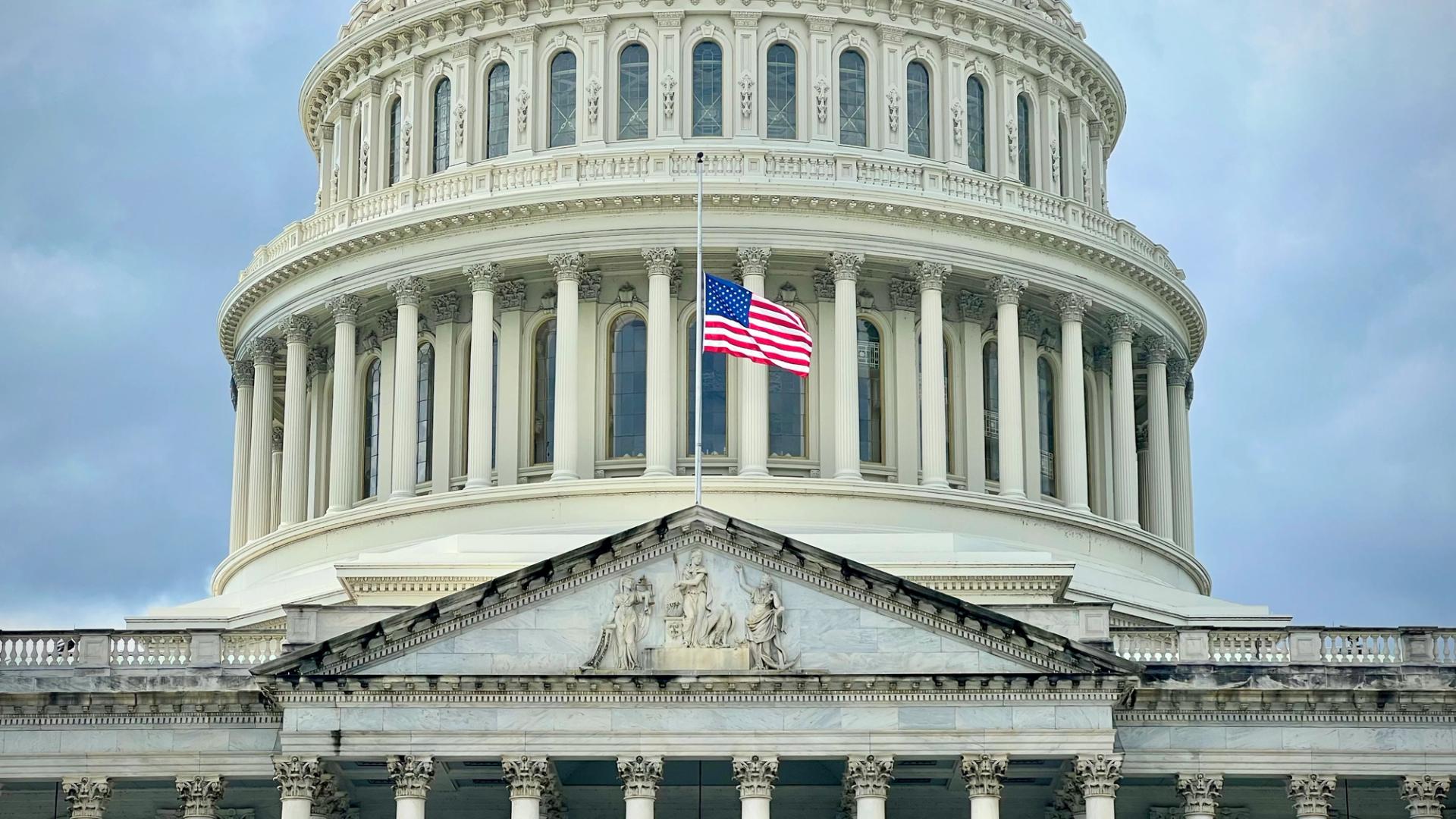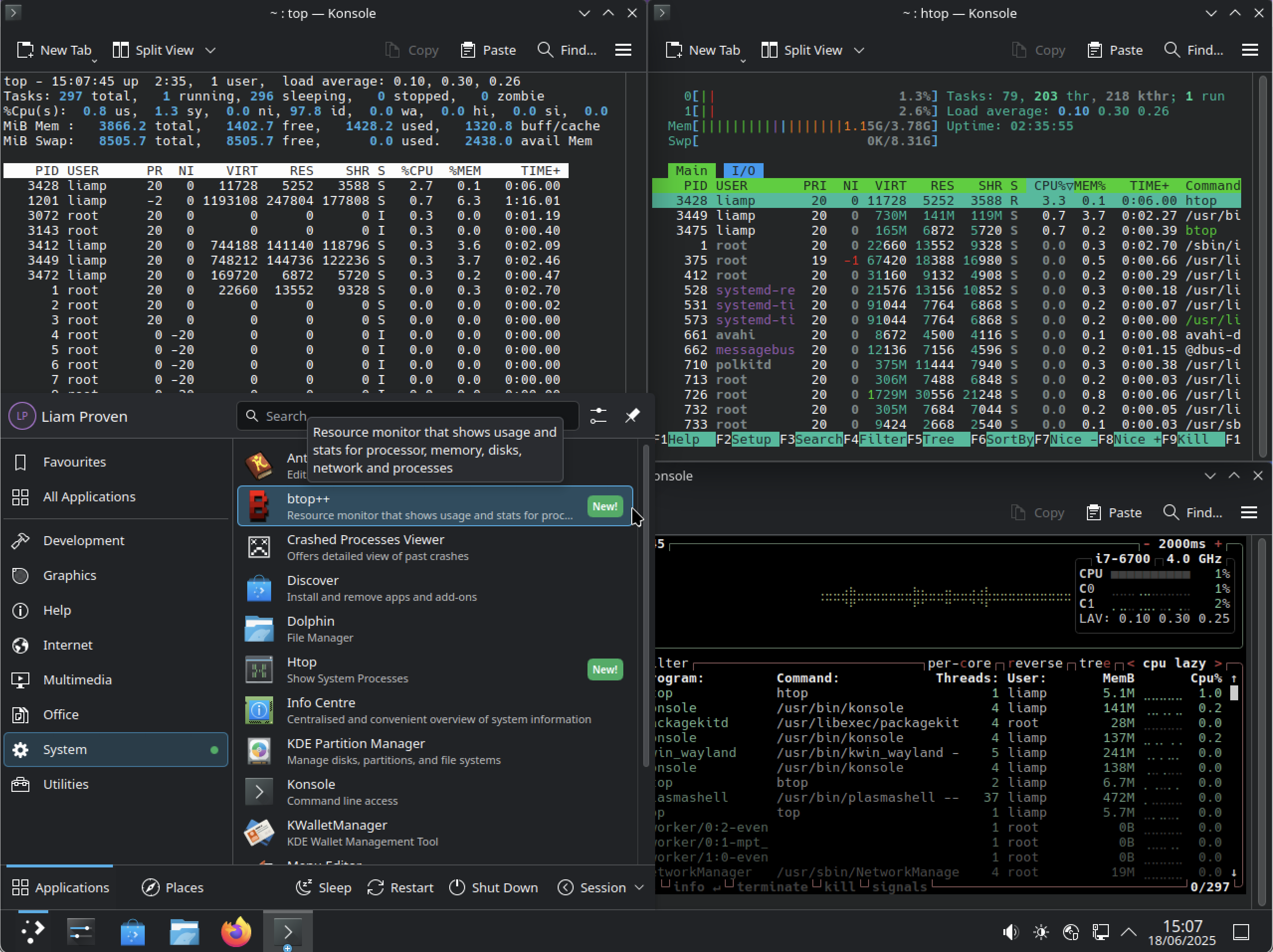‘Flight to security’: Tech employers, foreign workers anxious amid ICE raids and immigration uncertainty
U.S. immigration crackdowns aimed at undocumented workers in agriculture, construction and elsewhere are having ripple effects in the tech world, which employs thousands of foreign-born workers with highly sought-after computer science skills. Two Seattle startups providing immigration services say the climate is stoking fears and a sense of urgency. “Anxiety has increased,” said Xiao Wang, co-founder and CEO of Boundless. “The volume of questions, inquiries, and the amount of misinformation that goes on through social media is such that people are increasingly concerned about what is real, what is not real.” Priyanka Kulkarni, founder and CEO of Casium, also sees… Read More


U.S. immigration crackdowns aimed at undocumented workers in agriculture, construction and elsewhere are having ripple effects in the tech world, which employs thousands of foreign-born workers with highly sought-after computer science skills.
Two Seattle startups providing immigration services say the climate is stoking fears and a sense of urgency.
“Anxiety has increased,” said Xiao Wang, co-founder and CEO of Boundless. “The volume of questions, inquiries, and the amount of misinformation that goes on through social media is such that people are increasingly concerned about what is real, what is not real.”
Priyanka Kulkarni, founder and CEO of Casium, also sees corporations that sponsor employees from abroad examining their options.
A variety of temporary work visas and green cards are available for immigrants with special knowledge and abilities. That includes the H-1B visa that’s often issued by lottery to qualified tech candidates, and the O-1 visa for globally exceptional talent. EB-1 “Einstein visas” are awarded to world-class professionals, professors and researchers, while EB-2 visas go to workers in areas of national importance or holding essential skills.
“Employers are getting really rational,” Kulkarni said. “They’re trying to separate signal from noise. They want to understand realistic options. We’re developing multi-track strategies, so different visa categories for different talent profiles.”
Amazon ranked No. 1 in the tech sector for H-1B visa approvals last year at 14,764, while Microsoft secured 4,725 of the visas.

Boundless and Casium have built technology to speed the application process for landing visas, assess the suitability of candidates, collect data on which applications are successful, and provide legal support.
Wang and Kulkarni said people are being aggressive in managing their immigration status, hoping to stay ahead of a potentially shifting landscape.
“People are really trying to take control of their immigration journeys,” Kulkarni said. They’re “more proactively reaching out.”
“I call it a flight to security,” Wang said. People on temporary visas are seeking something more permanent, like a green card. Those whose status is work-related, are seeking options that aren’t non-employer based. Demand for naturalization services are strong right now, he added, which is unusual. It’s more common to see a lull in citizenship interest after a presidential election year.
Some foreign workers aim to strengthen their profiles by holding leadership roles or publishing in academic journals, for example. Employers are ensuring their actions comply with regulations, such putting wages at the right level and aligning job duties with a visa’s focus.
“As there is more increased scrutiny,” Kulkarni said, “the ability to get clarity and the ability to get education on the options is going to become more important.”

While tech companies over the years have advocated for the use and expansion of visas allowing them to hire talented workers, they’ve been mum on ICE enforcement actions. When reached by GeekWire, Microsoft declined to comment on immigration issues, and Amazon has not responded to an inquiry.
Given that the raids have focused on undocumented employees, it’s no surprise to Wang that tech companies aren’t speaking up.
“The immigrant community is not a monolith. There are different people with different backgrounds who come via different avenues and have different interactions with the government,” he said. “It’s a very rational decision for large tech companies wanting to keep their cohort of international employees — especially in engineering and high tech roles — out of the spotlight of this particular issue.”
Even if the administration’s current policies aren’t directly disrupting the flow of tech workers from abroad, Wang said he’s seeing a “chilling effect” on new immigrants coming to the U.S. and companies recruiting foreign workers.
By turning people away, “there can be a real dampening effect on new job creators, new innovators, new entrepreneurs that will also cause the U.S. to lose its lead in science, technology and the global economy,” he said. “It’s against our own interest.”




